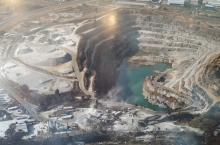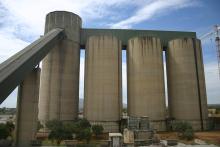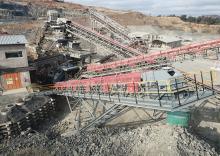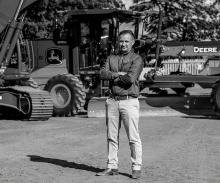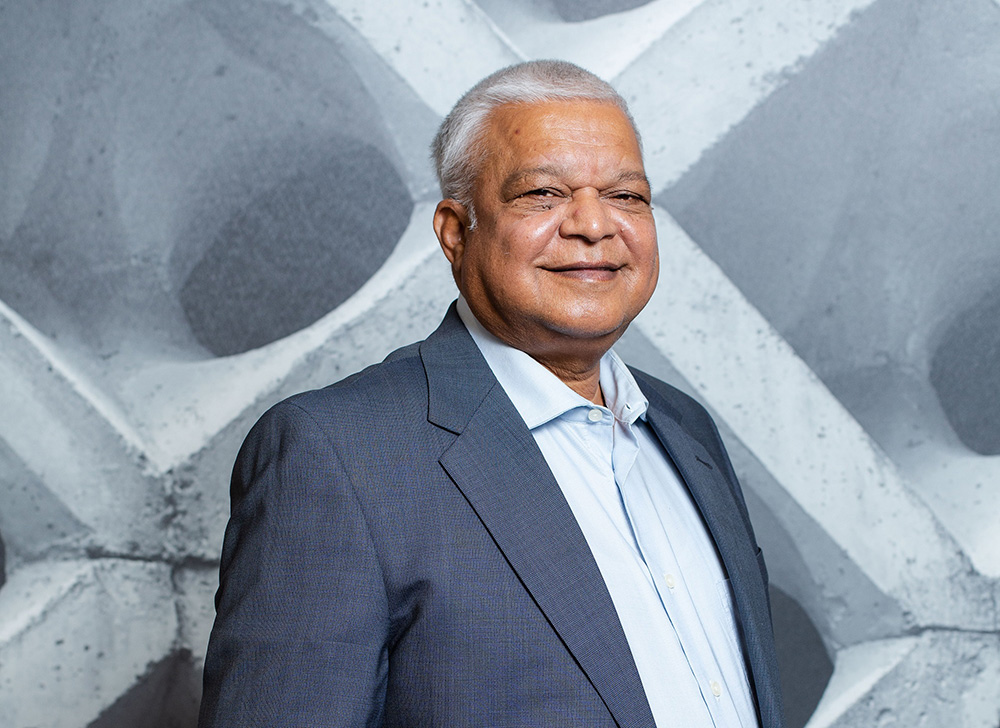
The South African construction materials market has endured a protracted downturn in recent years. Having experienced a decade of growth and success, particularly at the height of considerable infrastructure spending in the run up to the 2010 Soccer World Cup, construction materials suppliers have grappled with a depressed market in the past five years.
Construction development related to the 2010 Soccer World Cup took centre stage from around 2007 to 2012, recalls Bhoora. The momentum carried through to 2015 at the height of the Gauteng Freeway Improvement Programme, which saw the South African National Roads Agency (Sanral) ploughing in excess of ZAR20 billion (around £1 billion) to upgrade nearly 200km of highway.
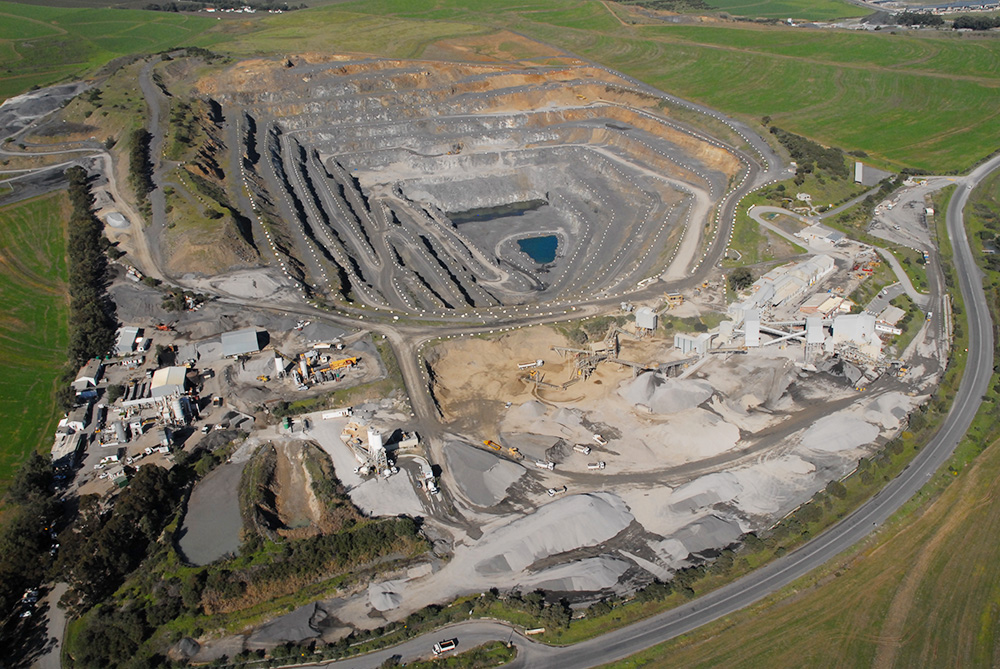
From around 2017, government’s reduced infrastructure budget has resulted in depressed market conditions. “We, however, managed to tighten our belts and maintained our aggregates and ready-mix concrete footprint. When it looked like conditions could not get any worse, the COVID-19 pandemic hit, and we had to go into a rationalisation mode to survive the tough market conditions,” explains Bhoora.
Consequently, AfriSam had to reduce its Construction Materials (CM) division’s capacity by almost 50%. Only nine out of the company’s 17 aggregate quarries, and 17 out of the 40 ready-mix plants were kept operational. Through a Section 189 process, the company had to reduce its CM staff complement by half.
However, a COVID-19 recovery rescue plan has demonstrated the company’s adaptability. Bhoora highlights that the experienced management team, with the support of the board, was able to navigate this difficult process independently – without having to rely on outside consultants.
“We classified our operations into three categories,” he says. “In the first category, operations would continue with operations aligning capacity with anticipated demand. In the second category they would be put under care and maintenance, and in the third category we would exit the operation from the respective micro-market completely.”
Based on this strategy, the company disposed of three of its operations, Olifantsfontein quarry in Gauteng, as well as the Newcastle and Ladysmith quarries and ready-mix plants in the KwaZulu Natal region. The sand mine in Macassar near Cape Town was also sold.
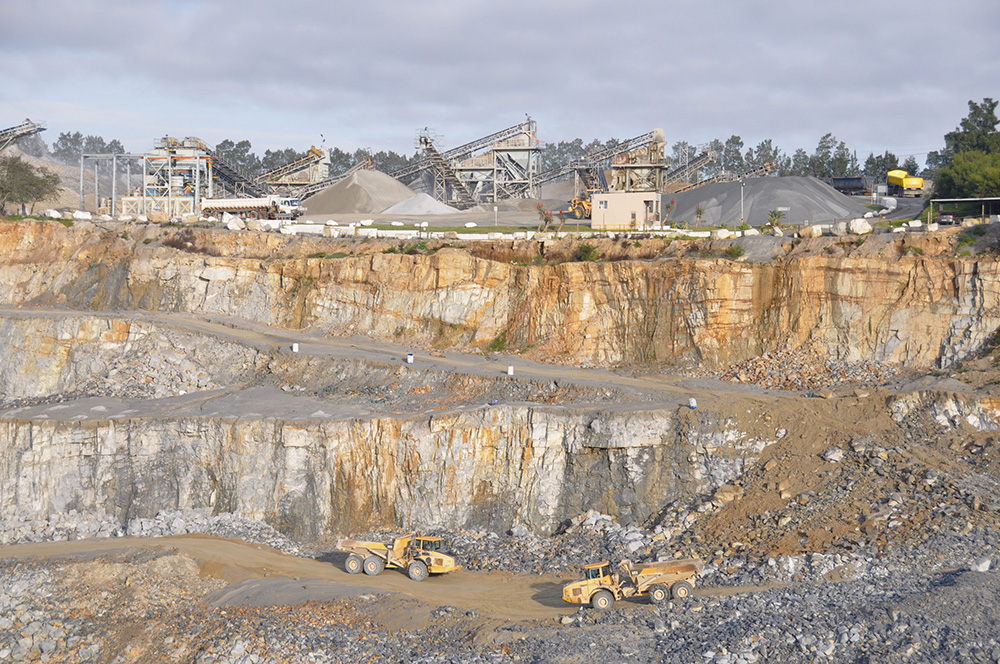
To further tackle the severe impact of a depressed market, AfriSam has evolved its business strategy. “We have adopted a demand-driven strategy across all our operations, where production is based, as far as possible, on actual customer orders rather than market projections,” he says. “Putting unwanted stock on the ground costs money, and from a cashflow perspective, that’s something we can’t afford to do anymore.”
While the depressed market conditions persist, the good news is that the company has managed to maintain its 50% capacity levels since the outbreak of the pandemic. “In other areas, we have managed to restart operations on a temporary basis. For example, we have recommenced operations at Ferro Quarry in the Tshwane area, and we are also looking at restarting our Sub Nigel crushing facility in Gauteng on a project basis. If a project comes up in the area and it makes sense to restart operations, even on a short-term basis, we will commit to doing that. This applies to our ready-mix plants as well. In fact, we have restarted two of our operations on that basis,” he says.
AfriSam has also adopted a new maintenance philosophy across its operations. To gain important insights into the running of its mission-critical assets, the company has always measured its overall equipment efficiency (OEE). One of the traditional ways of maximising OEE was the avoidance of any maintenance-related downtime during weekdays. Given that the run time for operations has decreased significantly, maintenance is now done during weekdays to ensure that all tasks are completed during normal working hours, thus eliminating any additional overheads related to weekend work.
“As part of the new philosophy, we also had to forgo some of the ‘nice to haves’ such as predictive maintenance and had to adopt the ‘fix as it breaks’ approach. Because of the 50% reduction in demand, it’s no longer imperative for us to maintain the usual 90% plant availability levels,” explains Bhoora.
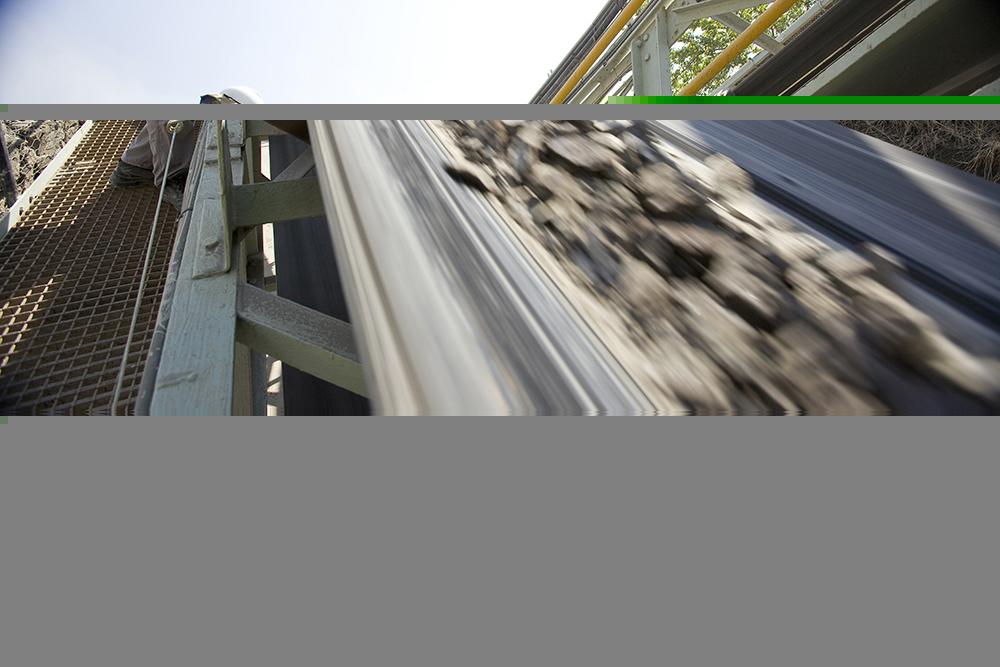
Affordability issues are not only affecting construction material suppliers, but the industry at large, including civil engineering contractors. As a result, contractors are ‘buying down’ on quality of both aggregates and ready-mix concrete.
“The rules of the game have changed significantly. We have recently seen a much-increased appetite for lower quality construction materials, probably due to affordability. This is prevalent across both public and private development projects. Surprisingly, even developers and consultants are embracing this concept,” says Bhoora.
A key attribute of AfriSam’s demand-driven approach is accuracy of forecasting, to enable a synchronised, closed loop between customer orders, production scheduling and execution. In fact, accurate forecasting is part of the sales team’s incentive scheme.
As part of the forecasting accuracy drive, the company has in the past three years developed better intelligence and tracking of projects in the regions in which it operates. AfriSam’s construction materials business is strategically located in three key regions of Gauteng, KwaZulu-Natal and the Western Cape, where Bhoora has seen sizeable pockets of opportunity.
“For the past three years, we have been tracking an estimate of our share of the market, competitor activity and the pipeline of projects in these areas,” he says. “The ‘pipeline’ has matured significantly, with some good pockets of opportunity emerging in these regions.”
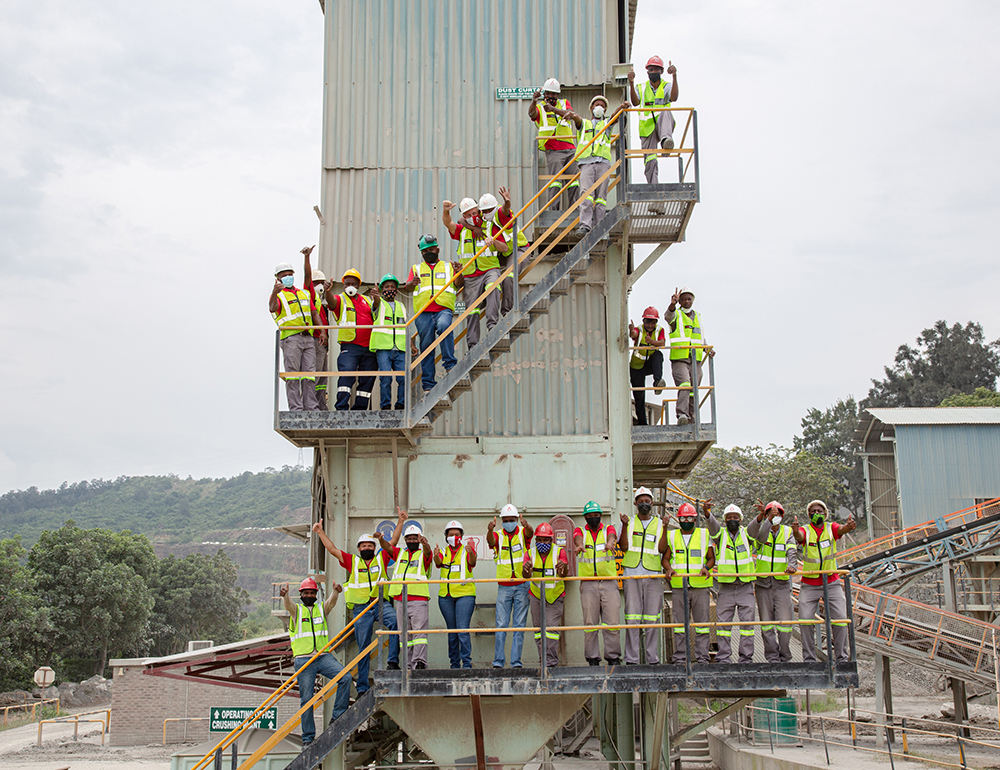
In the Cape region, AfriSam has picked up five major construction projects of interest. The company’s Rheebok Quarry is currently supplying the N7 highway upgrade project from Malmesbury to Moorreesburg, which entails the widening of the cross section of the N7 Section 8 for about 25km, as well as the construction of additional climbing lanes for improved road safety and ease of traffic flow. The ZAR600 million Sanral project is being executed by civil engineering company, Martin & East.
One of the key projects in the pipeline is the dualisation of Main Road 201 from the N1 (Paarl) and OP5255 (Kliprug Road). While the project has gone out to tender, it is still to be awarded. In addition, the City of Cape Town has proposed the upgrade of Jip de Jager Drive. The scope of the project entails the dualisation of the road between Kommissaris Street and Van Riebeeckshof Way, as well as the construction of a median between the existing Jip de Jager Drive (which will be the future southbound dual carriageway) and the proposed northbound dual carriageways.
The ZAR4.5 billion River Club Development, which will host global tech giant Amazon’s new African base, is another project of note in Cape Town. The new mixed-use development will include almost 60,000m² of office space, with Amazon as the anchor tenant. However, the project has been put on hold, following a court ruling that the developers must consult meaningfully with all affected parties.
In Gauteng, AfriSam has listed a total of eight important projects in its sights. Several of these are still to be awarded, and these include the Villiers N3 Toll Road Rehabilitation; Road P122 to Solomon Mahlangu project (still on tender), construction of the K60 Road between Maxwell and Allandale Road in Midrand; the Sunnyside office development and the South African Reserve Bank Extension.
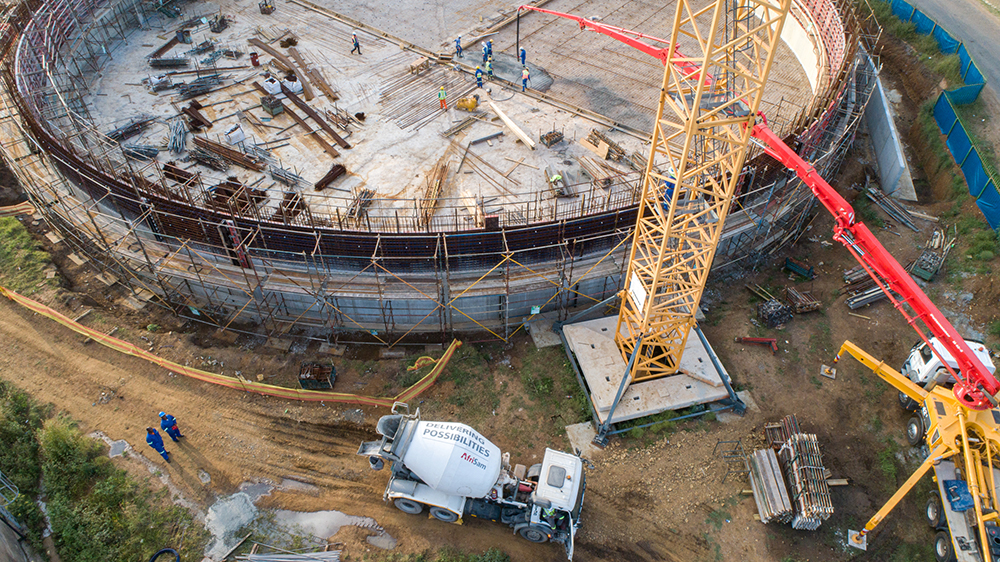
Other projects that have been awarded in Gauteng include the African Data Centre and the Barlow Park Mixed-Use Development.
In KwaZulu-Natal, AfriSam is tracking six major projects. Most of these are Sanral projects, with the national road agency set to undertake massive upgrades to South Africa’s busiest highways, the N2 and N3, which could take up to eight years to complete.
However, only three of these have commenced on the N3 between Cato Ridge and Ashburton, with several others have been delayed due to the recent floods in the region, among other reasons. The N2 upgrade from Kwa Mashu to Mdloti has been awarded, however, the project is yet to commence.
“There has been much talk about government’s Recovery and Reconstruction Plan, which hinges on infrastructure investment due to construction’s clear multiplier effect, but very few projects are coming to market. Sanral has been talking about spending over ZAR30 billion, but many of the projects have been hamstrung by lack of capacity and legal issues around National Treasury’s procurement rules. We, however, remain optimistic that the market will rebound at some stage, as there is certainly a limit to the deterioration of our existing infrastructure,” concludes Bhoora.


